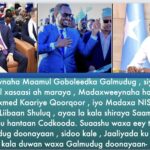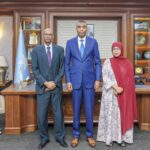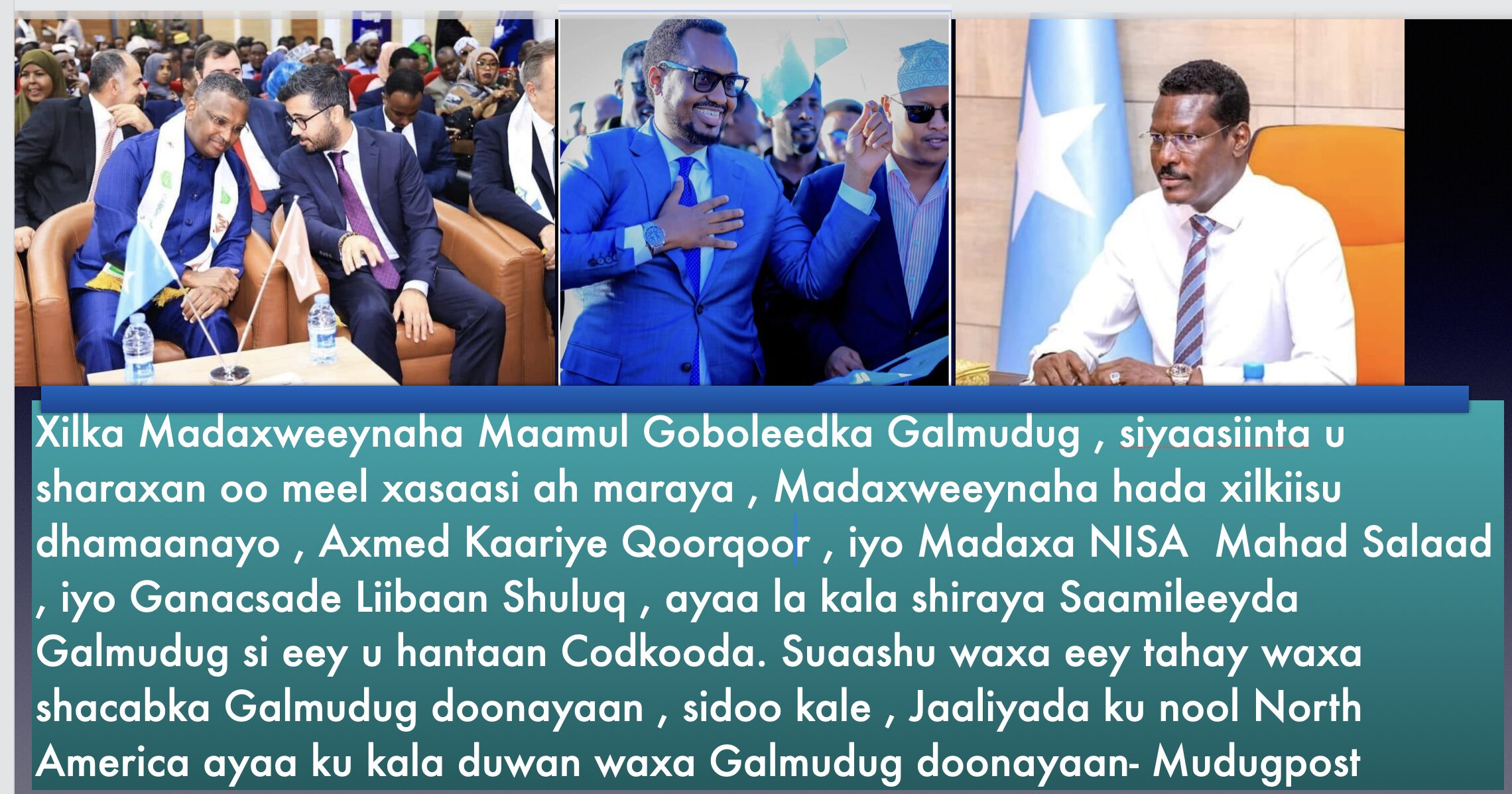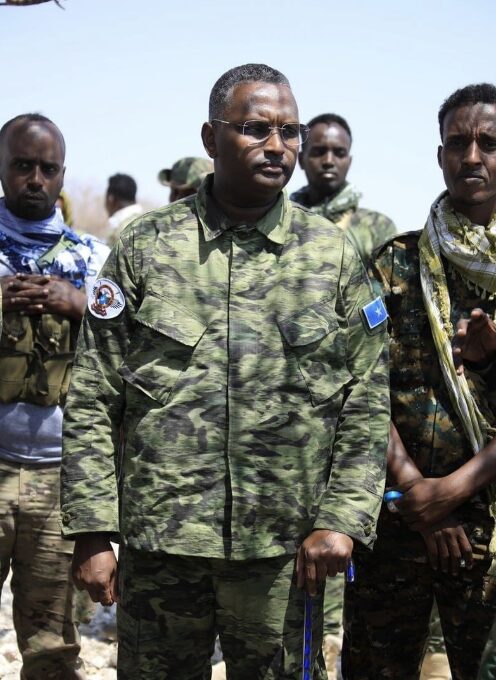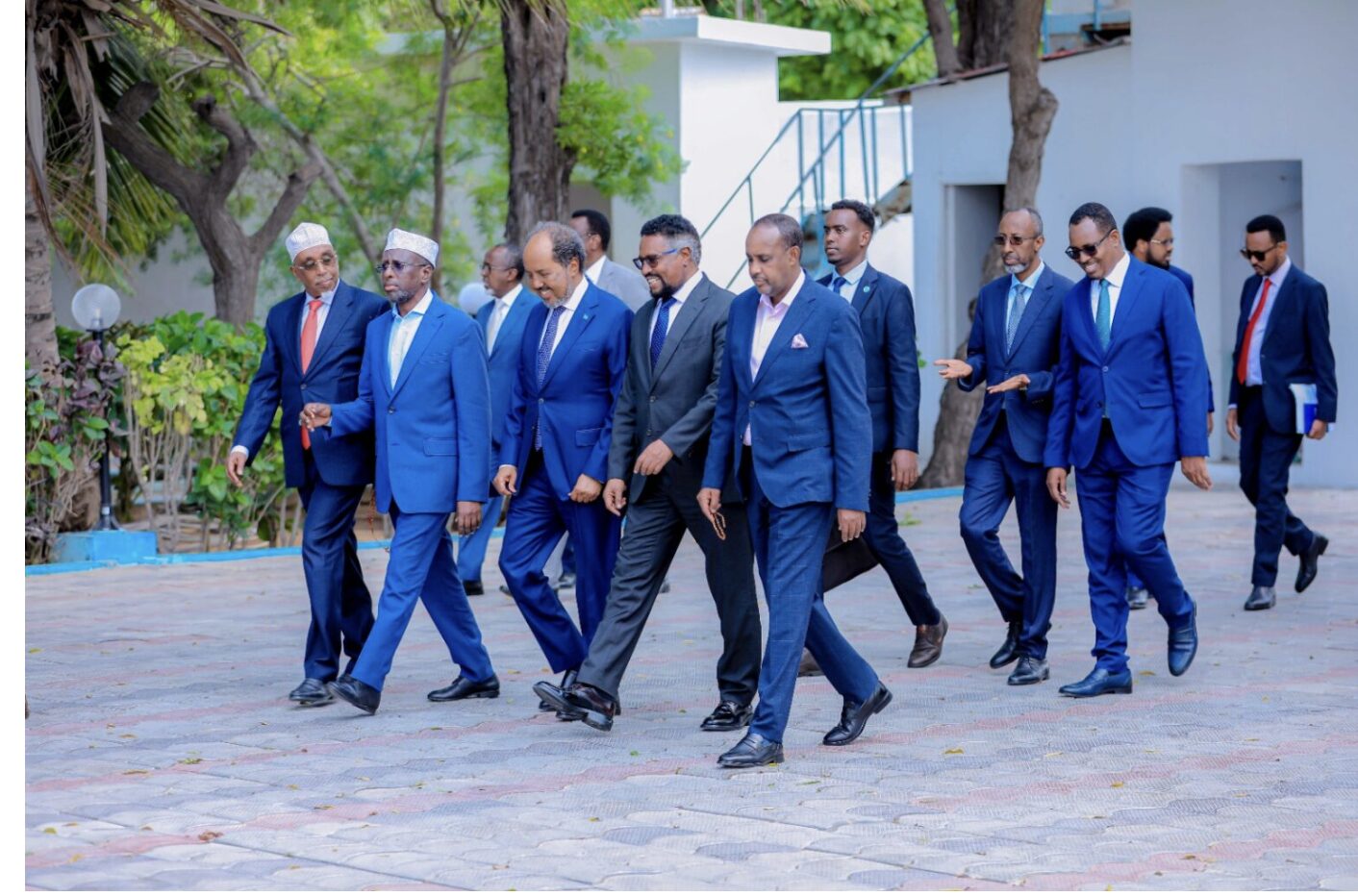July 1st: A Historic Union and the Unfinished Dream of Somali Unity
Dr. Abdikasim Ali, MHS, PhD
Abstract
This article reflects on the union of Somaliland and Somalia on July 1, 1960—a symbolic moment that marked the birth of the Somali Republic. While the event inspired hope for pan-Somali unity, it also set in motion a series of legal ambiguities, governance failures, and regional imbalances that ultimately led to Somaliland’s withdrawal from the union in 1991. This paper traces the legal and political origins of the union, identifies its structural shortcomings, and proposes a 10-point reform agenda for southern Somalia. Only through inclusive governance, justice, and institutional credibility can future unity become possible. The paper concludes by asserting that unity must be earned—not demanded—and that reconciliation must begin with addressing southern Somalia’s internal challenges.
1. Introduction
On July 1, 1960, two formerly colonized territories—British Somaliland and the Italian Trust Territory of Somaliland—united to form the Somali Republic. The moment was hailed as a triumph of pan-Somali nationalism and post-colonial independence. Yet over time, the union unraveled due to systemic marginalization, failed governance, and a lack of legal clarity. Somaliland, having voluntarily joined the union, unilaterally declared its independence in 1991. This article examines the historical context of the union, the reasons behind its disintegration, and what is required to rebuild legitimacy and governance in southern Somalia before any realistic dialogue on reunification can occur.
2. Legal Foundations and the Fractured Union
Though both North and South sought unity, the union was built on uneven legal foundations. Somaliland passed its own version of the Union Law, while Somalia enacted a separate decree (Farah, 2012). This duality left the union legally ambiguous from its inception. The 1961 referendum on the national constitution further revealed the divide—while 91% of Somali voters supported the constitution overall, 60% of voters in Somaliland rejected it (Wikipedia, 2023a).
This imbalance led to the 1961 failed coup attempt by northern officers, an early indicator of dissatisfaction with southern dominance (Wikipedia, 2023b). The promise of unity turned into a mechanism of marginalization.
3. The Fall of Governance and Military Centralization
The military coup of 1969, led by General Siad Barre, abolished democratic structures and replaced them with a highly centralized authoritarian regime. This shift entrenched tribalism, clan favoritism, and further alienated northern communities (ConstitutionNet, n.d.). In contrast, Somaliland began to develop a parallel trajectory focused on local governance and reconciliation.
In 1991, amid the collapse of the Somali state, Somaliland declared independence. It has since operated with functioning institutions, elected governments, and relative stability (Wikipedia, 2023c).
4. Southern Somalia’s Challenges and the Need for Reform
Southern Somalia remains plagued by insecurity, political fragmentation, corruption, and weak institutions. Without addressing these issues, calls for unity remain hollow. Below is a 10-point reform agenda for governance reconstruction:
4.1. Ten-Point Agenda for Rebuilding Governance
- Federalism with Real Power Sharing
Empower federal member states through clear constitutional mandates (Warsame, 2021). - Local Elections and Leadership Legitimacy
Ensure democratic, district-level elections to foster accountability. - Voter Education and Participation
Launch civic campaigns targeting marginalized groups, especially youth and women. - Anti-Corruption Institutions
Somalia ranks among the lowest on Transparency International’s CPI (Transparency International, 2023). - Independent Electoral Commission
Establish impartial, credible election management bodies. - Judicial Reform
Blend statutory, customary (xeer), and Sharia frameworks with equal access to justice. - Security Sector Reform
Demilitarize clans and professionalize law enforcement. - Ratify the National Constitution
Finalize and legitimize Somalia’s provisional charter (Wikipedia, 2024). - Reconciliation Dialogues
Organize grassroots and national healing forums. - Reject Extremism
Combat both religious radicalism and clan extremism in politics.
5. Unity Must Be Earned, Not Demanded
Somaliland’s exit was not a rejection of unity itself, but of systemic injustice. For unity to be reconsidered, southern Somalia must first demonstrate governance capacity, legal integrity, and political inclusivity. Only then can meaningful and voluntary discussions on reunion occur.
6. Conclusion
July 1st remains a significant date, not just as a symbol of past hope, but as a reminder of what could still be achieved. If southern Somalia rebuilds through justice, federalism, and peace, the door to unity may once again open. Until then, calls for reunification must be tempered by humility, realism, and reform.
References
ConstitutionNet. (n.d.). Somalia. International IDEA. Retrieved from https://constitutionnet.org/country/somalia
Farah, A. (2012). The 1960 Act of Union: Legal Inconsistencies and Political Ramifications. Somaliland Sun. Retrieved from https://somalilandsun.com/somaliland-somalia-the-1960-act-of-union-an-early-lesson-for-somaliland
Transparency International. (2023). Corruption Perceptions Index – Somalia. Retrieved from https://www.transparency.org/en/cpi/2023/index/som
U.S. Department of State. (1960). Recognition of the Somali Republic – July 1, 1960. Office of the Historian. Retrieved from https://history.state.gov/historicaldocuments/frus1958-60v14/d55
Warsame, H. (2021). Foundations for Fiscal Federalism in Somalia. 50 Shades of Federalism. Retrieved from https://50shadesoffederalism.com/case-studies/building-trust-and-foundations-for-fiscal-federalism-in-conflict-affected-somalia
Wikipedia. (2023a). 1961 Somali constitutional referendum. Retrieved from https://en.wikipedia.org/wiki/1961_Somali_constitutional_referendum
Wikipedia. (2023b). 1961 revolt in Somalia. Retrieved from https://en.wikipedia.org/wiki/1961_revolt_in_Somalia
Wikipedia. (2023c). Somaliland Declaration of Independence. Retrieved from https://en.wikipedia.org/wiki/Somaliland_Declaration_of_Independence
Wikipedia. (2024). Constitutional crisis in Somalia. Retrieved from https://en.wikipedia.org/wiki/Constitutional_crisis_in_Somalia


